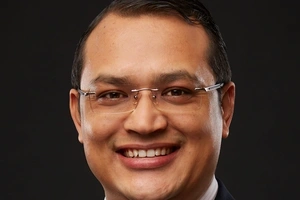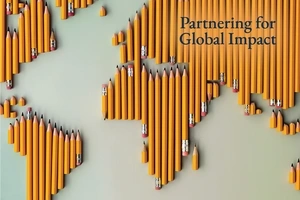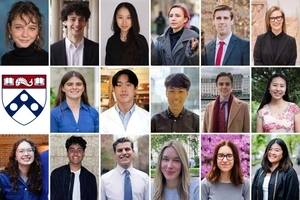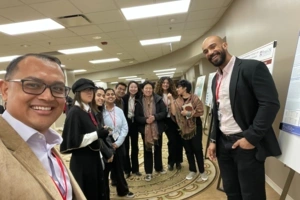The University of Pennsylvania nurtures global networks and encourages innovative, cross-disciplinary research to better understand and resolve global issues. As part of this campus-wide initiative, Penn GSE students research, study, teach, and work across the globe, and over 70% of our faculty members are involved in international initiatives.
Global Engagement Office
The Global Engagement Office at Penn GSE directly supports the mission of the School and the University in engaging in a sustained and meaningful way with issues of global importance. The aim is to increase GSE’s impact and widen its reach by supporting faculty, students and staff who work across borders and by encouraging partnerships with educational institutions in other nations. It also serves as an initial point of contact for scholars and agencies looking for opportunities and expertise to address strategic issues in teaching and learning. It is led by Alan Ruby, Senior Fellow at Penn GSE.
Students
International students hailing from 47 countries make up approximately 40% of Penn GSE's student body.
“Just getting to know my classmates . . . was the best part of my experience here. Everybody had a different background: some of my friends spent a couple years in the Peace Corps, some had taught, some had worked in private corporations or international organizations. And then somehow we all ended up in the same place, sharing the same academic and professional interests.”
Leading the Way in Global Literacy
In 1994, Penn GSE and UNESCO launched the International Literacy Institute to provide leadership in research, development, and training in the broad field of international literacy and educational development, with an emphasis on developing countries. Directed by Professor Daniel Wagner, who has served as a member of the U.S. National Commission for UNESCO and as a Special Advisor to the UNESCO Director-General, the institute explores how literacy can support the United Nations Sustainable Development Goals.
National Center on Adult Literacy/International Literacy Institute
Transforming Preschool in Ghana
Ghana offers universal preschool, but the country’s leaders fear high enrollment rates are undermined by outdated classroom practices. Professor Sharon Wolf partnered with the Ghanaian Ministry of Education and Innovations for Poverty Action (IPA) to introduce play-based and child-centered instruction into the county’s preschool system. The initiative, supported by organizations including World Bank, has the potential to change education in the west African nation.
Global Impact Research & Initiatives
Our Global Impact
Explore how Penn GSE is making a global impact through research and initiatives.






